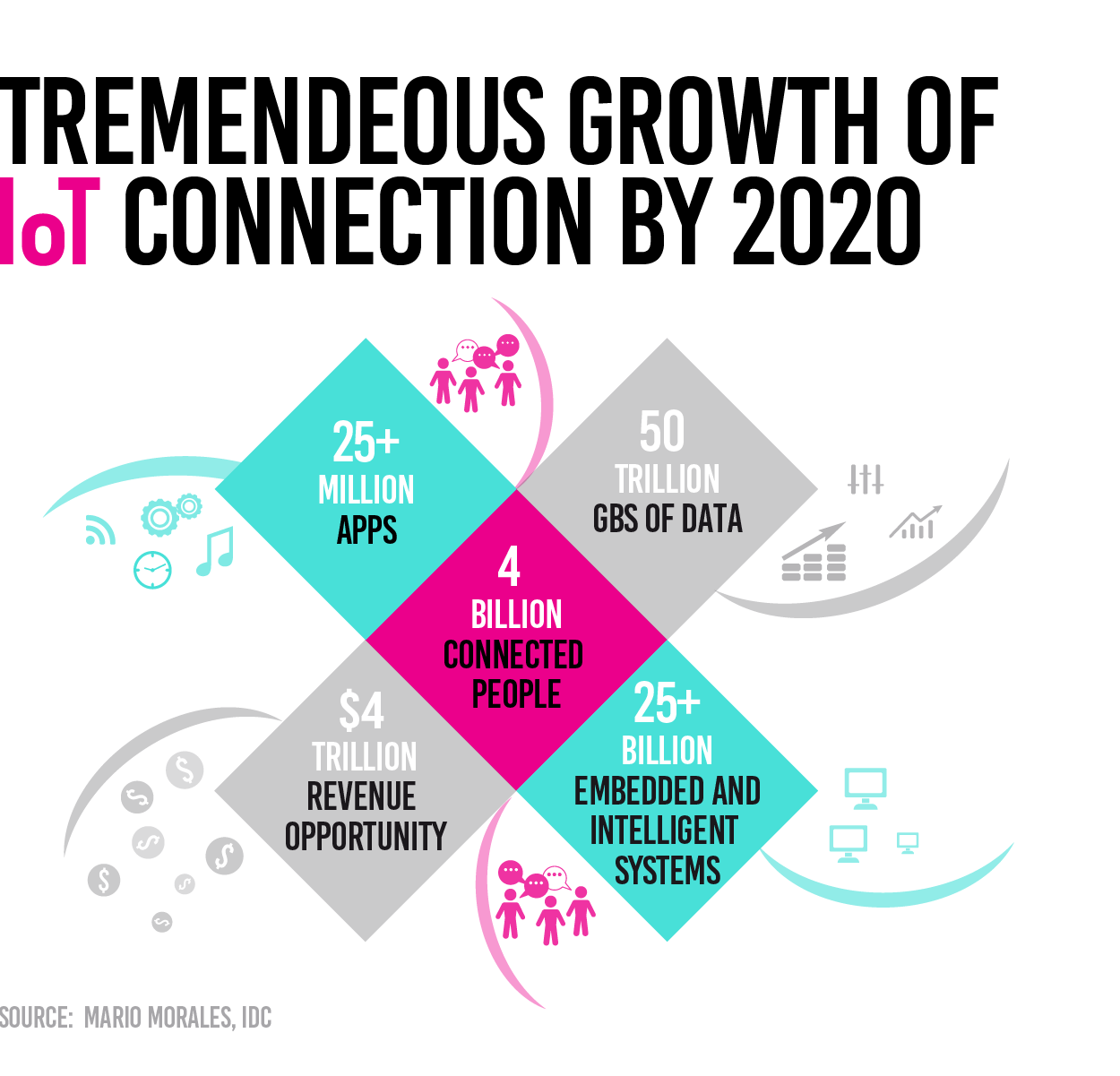![]() 5 minute read
5 minute read
The number of Internet users is expected to reach 40-50 billion by 2020, and the Internet of Things enabling Machine-to-Machine interactions is now a reality. Net Neutrality – online freedom of content-sharing – is an important social value. Controlling and monitoring online environment is under a debate. The attention to the World Wide Web makes wonder what are the alternative scenarios and benefits of the Internet with and without Net Neutrality.
Regulating Online Environment
The Internet is the environment for knowledge-sharing and idea-leveraging where the freedom of communication and open networks are priorities. Net Neutrality ensures equality, free competition, and gives opportunities to all users take advantage of freedom of speech and expression. This liberty is important for communities of color and cultural minorities. In the U.S., indigenous and the LGBTQ communities heavily rely on open source opportunities of the Internet to flourish and take advantage of educational and social prospects that are unavailable to them in real life. According to Free Press and the Free Press Action Fund, without guaranteed Net Neutrality, social movements will struggle to survive while SMEs will not be able to thrive and innovate.
The past wars between small companies and telecommunication giants AT[&]T and FaceTime kindled a fire of debate and underlined the importance of Net Neutrality in the society. In 2012, AT[&]T restricted the usage of FaceTime on Apple devices – the application was only available for consumers, who used shared data plans and unlimited Internet access. The action violated the concepts of fair competition. Nevertheless, the Federal Communications Commission perceives the situation differently. According to Ajit Pai, the chairman of the Federal Communications Commissions, limiting Net Neutrality will foster competition, innovation, SMEs growth, and flexibility for Internet Service providers. It addresses the Internet recession, diminishes digital divide, and accumulates higher competition to generate more jobs. Since 2015, Title II, net neutrality Internet rule, imposed additional restrictions to small service providers – the prices for introducing new features were high and might have triggered negative response in the society and lawsuits. In Pai’s scenario, erasing these rules will contribute to the innovation and the Internet development with higher speed data transfers, 5G networks, transparency, and extensive protection of consumers. The absence Net Neutrality will help gain more control over the web, content, and people.
Information Is Beautiful
With or without Net Neutrality, the future of the Internet is augmented. According to Sirkka Heinonen from Finland Futures Research Centre, the Internet is a community where all net users are engaged in online interactions. In future, the World Wide Web can help people find meaning in life instead of simply offering a variety of diverse information. Creation of high quality and sententious content is a priority that will trigger a transition from knowledge-consumerism to digital meanings society. Value generation, meaning, self-expression, and novel identities are the concept of this new époque of rising humanity. Automation and digitalization will decrease volumes of routine duties – and people will fill their life with meaningful tasks and self-consciousness whereas the Internet of Values and the Internet of Ideas are only some variations of upcoming Internet futures.

The Internet of Beings introduced by Aubrey Yee, a researcher at Hawaii Research Center for Futures Studies, is the next step of digital world development. The borders between technology and natural life will become blurry whereas the Internet will intervene in the sphere of bioengineering, DNA, and creation of synthetic life. Being idea-sharing platform and sufficient knowledge base will slowly transfer humans into the Internet of Beings. The concepts of formal democracy will decline and be replaced by dynamic decision-making. Liquid democracy, a merger of the Internet and politics, will enable transparency of politics and equality in voting. The citizens become an essential component of the system, and liquid democracy only encourages their profound participation.
Net Neutrality:
The Flip Side of the Coin
Identity theft and loss of privacy are controversial outcomes of net neutrality. In her study, Jenifer Winter, a researcher at Hawaii Research Center for Futures Studies, claims that big data analytics is present and future of the Internet. In the upcoming years, information-collection will go over boundaries – sensors will eventually record and report every movement of a human body. No anonymity and constant data leakage are only some consequences, and algorithmic discrimination and cybercrime will flourish. The Chinese government has taken the first steps in getting control over the Internet and looking for partners to join them in this cyber war. China promotes “cyber sovereignty” that will help be in control over cyberspace to deal with cyber terrorism and crimes. Getting control over the Internet has always been under discussion, and it will help diminish abuse, cyberbullying, and other manifestations of unacceptable behavior. Thus, the question remains the same – What are the ways to find a right balance between restricting regulations and guaranteed rights and freedoms?



